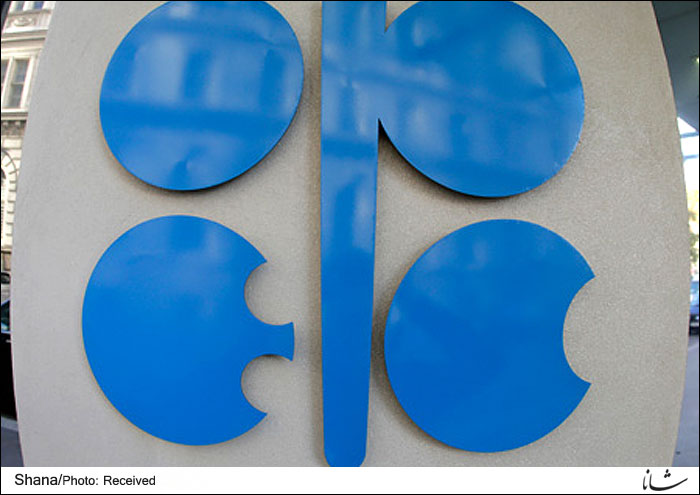On the one hand, attention to essence of OPEC, which is in charge of market regulation and specification of quotas of the members, prompted the Organization widen the scope of its mission towards the non-OPEC members and build up convergence between the two wings of the oil market.
The goal of the OPEC and non-OPEC session was to cut the market oversupply and consequently, get producers rid of selling at cheap prices, so as not to put their wealth cheaply at the disposal of others.
The role of Iran oil diplomacy in recent OPEC-Non-OPEC convergence should not be underestimated. I believe that presence of Iranian Minister of Petroleum Bijan Zangeneh in OPEC led the Organization to gain a new identity and play a role in the world markets.
The past experiences of Mr. Zangeneh made the Organization well efficient and fortunately we did witness that at a time when other members were committed to cut their production ceiling, Iran was allowed to add up 90,000 barrels per day to its production. This shows importance of Iran's oil diplomacy.
This should be regarded as the result of prudence of Iranian Minister of Petroleum, who followed timely diplomacy at an appropriate consultation.
Regarding oil shocks over recent years, the cooperation in the OPEC has widened in extent and the oil freeze decision restored stability in the market.
The OPEC and non-OPEC states can control the supply, thus achieving their goal on condition that all adhere to their agreement and not to allow politics step in. Under present conditions, favorable oil price ranges between 80 to 90 dollars a barrel and it cannot be attained in a short period of time.
By economist, Dariush Qanbari


Your Comment